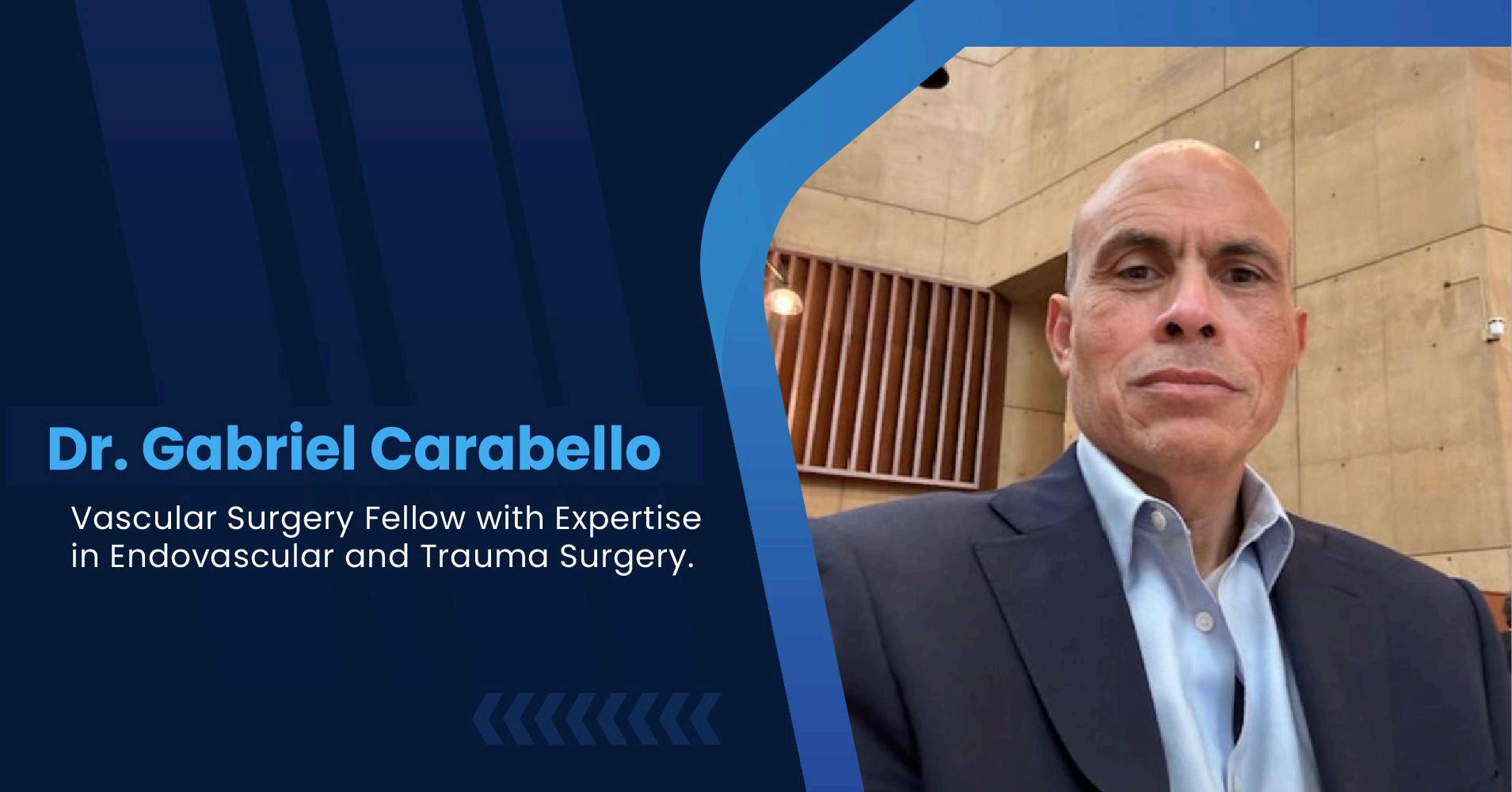Exploring Vascular Health: Diagnosis and Treatment Options by Dr. Gabriel Carabello

Vascular health is crucial for overall well-being, as it directly impacts the body's ability to circulate blood efficiently Vascular disorders occur when there are issues with the blood vessels, leading to reduced blood flow and potential damage to vital organs. Early diagnosis and treatment of vascular conditions are essential for preventing complications like stroke, heart attack, or chronic pain, as defined by Dr. Gabriel Carabello.
Diagnosing vascular disorders typically begins with a thorough medical history and physical examination. A healthcare provider will inquire about any symptoms, such as leg pain, swelling, or noticeable veins, as these are common indicators of vascular problems To confirm the diagnosis, diagnostic tests like Doppler ultrasound or CT scans are often used to provide a detailed view of the blood vessels. These tests help detect conditions such as deep vein thrombosis (DVT), varicose veins, or peripheral artery disease (PAD)
Treatment for vascular disorders varies depending on the type and severity of the condition. For less severe cases, lifestyle changes are often recommended as the first line of defense Adopting a healthy diet, engaging in regular physical activity, and quitting smoking can significantly improve blood circulation and reduce the risk of further complications For those
with high cholesterol or blood pressure, medications may be prescribed to manage these conditions and prevent vascular problems from worsening.
In more advanced cases, medical procedures may be required. Blood thinners are commonly prescribed to prevent blood clots from forming, while medications like statins help lower cholesterol levels and improve heart health In cases of severe blockages or restricted blood flow, procedures like angioplasty may be necessary to open up blocked arteries. For varicose veins, less invasive treatments like endovenous laser therapy (EVLT) are available to close off damaged veins and alleviate symptoms
In extreme cases, surgery may be required to correct significant vascular damage Surgical interventions, such as bypass surgery or stent placement, are used to restore normal blood flow and prevent life-threatening conditions like stroke or heart attack.
By understanding the importance of vascular health and seeking early treatment, individuals can reduce the risk of complications and maintain an active, healthy lifestyle Regular check-ups and a focus on prevention can go a long way in managing vascular disorders effectively
